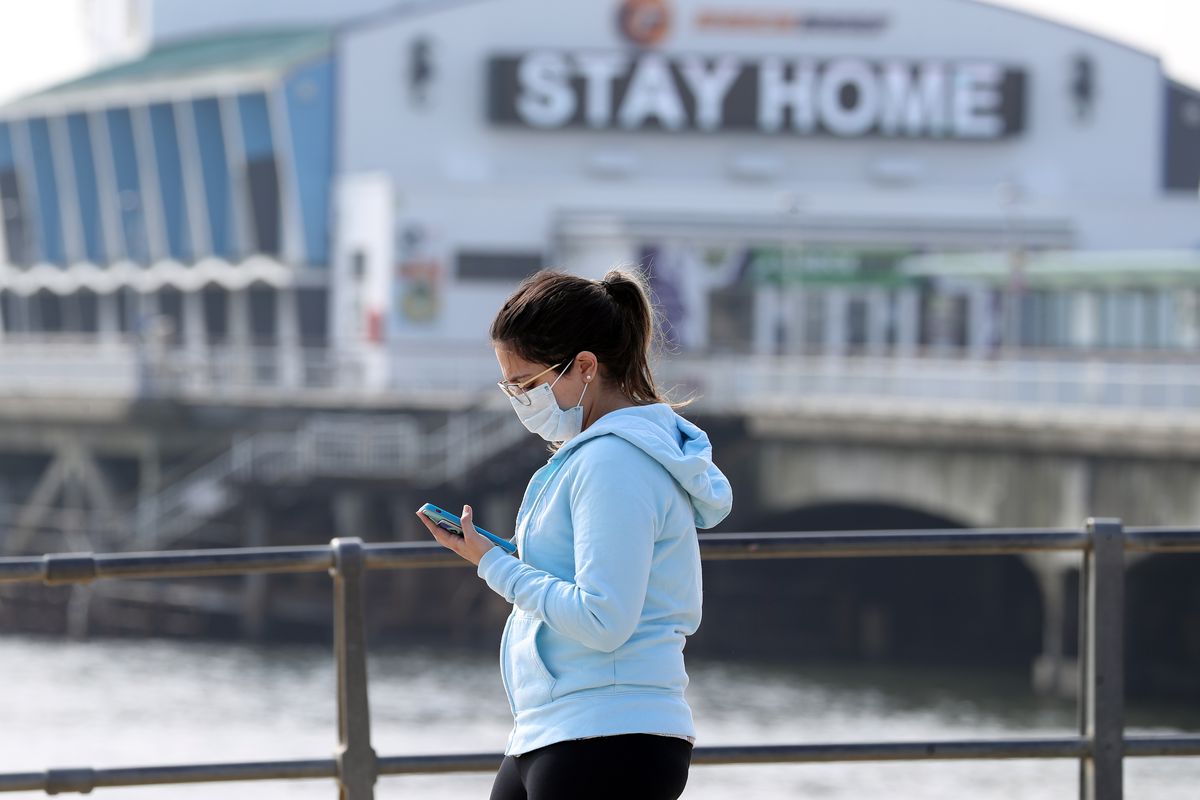
In an effort to “flatten the curve” and halt the spread of COVID-19, public health officials are asking people to drastically alter their daily lives, decrease physical interaction, and engage in practices that up-end our social systems. Two months ago, the term “social distancing” wasn’t even on our collective lexicon. Today, schools, businesses, and places of worship have closed and gatherings large and small have been postponed or canceled. The world is adjusting to a somewhat sudden and very new “normal.” So, how do we cope with these sudden changes? How do we adapt to increased physical distance and decreased social connection? How do we tend to our emotional well-being in the midst of COVID-19? Below, Edison Court’s clinical experts offer tangible guidance to help you and your families navigate this unprecedented time.
Q: How can I keep myself from feeling emotionally isolated while staying at home and social distancing?
Suzanne Riley, MS, LPC, Clinical Therapist- Mathom House & Easton Manor: It is normal to feel alone during this time. The important thing to remember is that there are people who care about you and want to spend time with you. Reach out to loved ones regularly and show acts of kindness. Send a friend flowers or a personal note. This will make them feel better but will help boost your spirits too. Take time away from social media as it can be damaging to mental health and recognize that you do not need to be productive during this time of crisis.
Key Take-Aways:
- Acknowledge that your feelings are “normal”.
- Communicate and share with others.
- Lower self expectations.
Q: When the world feels unsettled, I find myself feeling overwhelmed and anxious. What can I do to calm and support myself in these moments?
Natalie Jung,MS, Clinical Therapist- PATHS : Recent events have caused a great level of uncertainty and anxiety in our society. We are all impacted by this differently, sometimes leaving us more uneasy than normal. During these times, it is important to remove judgment from yourself of what you “should” be doing versus what feels right for you. Many around us are stating that this is the time that we should be completing unfinished projects and making ourselves as productive as possible despite our situation. However, this may just add pressure to a person already struggling. What is important to remember right now is that it is okay to take time to yourself to do what your body needs right now. If that means staying creative, painting, writing, and designing, then go for it. But if that means taking a moment to just *be*, becoming aware of your surroundings, focusing on the present, and practicing gratitude, then you should do that. Each one of us copes with situations like this differently, but by maintaining our social support system (through phone calls, texts, video chats, etc.) and taking time to do what is best for us, you may slowly feel less pressure and anxiety on yourself. Take this one day at a time and with the support of one another, we will pass through this.
Key Take-Aways:
- Remove judgement of what you “should” be doing.
- Take time for yourself
- Process this experience one day at a time
Q: How can I structure my time to ease my overall stress level while following stay-at-home orders? Erin
Erin Austin, M.S, LPC Adult Forensic Manager, Ravenhill : Working from home and trying to provide the best care possibly remotely definitely has it’s stresses and hindrances. For me, I continue to maintain the work day as though I was still working from the office to provide me with structure while also building self-care techniques and activities in throughout the day. During the days that are nice, I try to build in some outside time, phone calls/video calls with friends and family. Due to the news being such a stressor as well, I attempt to limit my time focusing on the news and use coping skills (home exercise, music, Netflix of course and etc.). I am still trying to manage a healthy lifestyle as I did prior and continue to focus on my overall wellness. I also believe that we have an excellent team who really work together during a new stressful situation and have seen some very strong work done by our clinicians and case managers which always inspires me to continue push through rough patches. One of the most difficult things to do while working from home is to completely distance myself from the job due to the blend through my personal life.
Key Take-Aways:
- Routines reduce stress.
- Incorporate self care.
- Rely on co-workers.
Q: Social distancing has meant a lot of time in the house with my family. How do I support myself and the health of my family when challenges arise?
Cassandra Good, MS, LPC., Clinical Coordinator- Mathom House: Challenges will certainly arise as we are all figuring out how to adjust and thrive in the current circumstances we are faced with. It may be best to find some time to yourself to reflect, re-group and re-enter after having processed some information or an event. What’s typically always beneficial is expressing how you are feeling using “I feel” statements in a calm and respectful way, without using blame. Connect the feeling to your perception of an experience that happened, and the outcome. Reflective listening is a great skill that can be useful in so many different realms of communicating. Just allowing someone to feel heard and validated, without solving problems or sharing one’s own opinion or view. Making sure that you are understanding someone accurately, not by assuming you have, but by asking questions to clarify if needed, or repeat statements or information back. One of the key pieces of listening and building a relationship is not passing judgment. Show that you are present with them, provide supportive statements and/or actions, ask questions to see what he/she wants from you, and offer warmth and empathy.
If you are looking for additional support and guidance during this challenging time, again remember you are not alone! There are lot of options in reaching out to help you and/or your family process current struggles and adjusting to this unfamiliar way of living. Finding a therapist or counselor can be a helpful way to manage through conflict, increase healthy coping skills, and facilitate better communication strategies.
Key Take-Aways:
- When conflict arises, take space to regulate.
- Practice healthy communication skills together.
- Seek professional support.

Add new comment